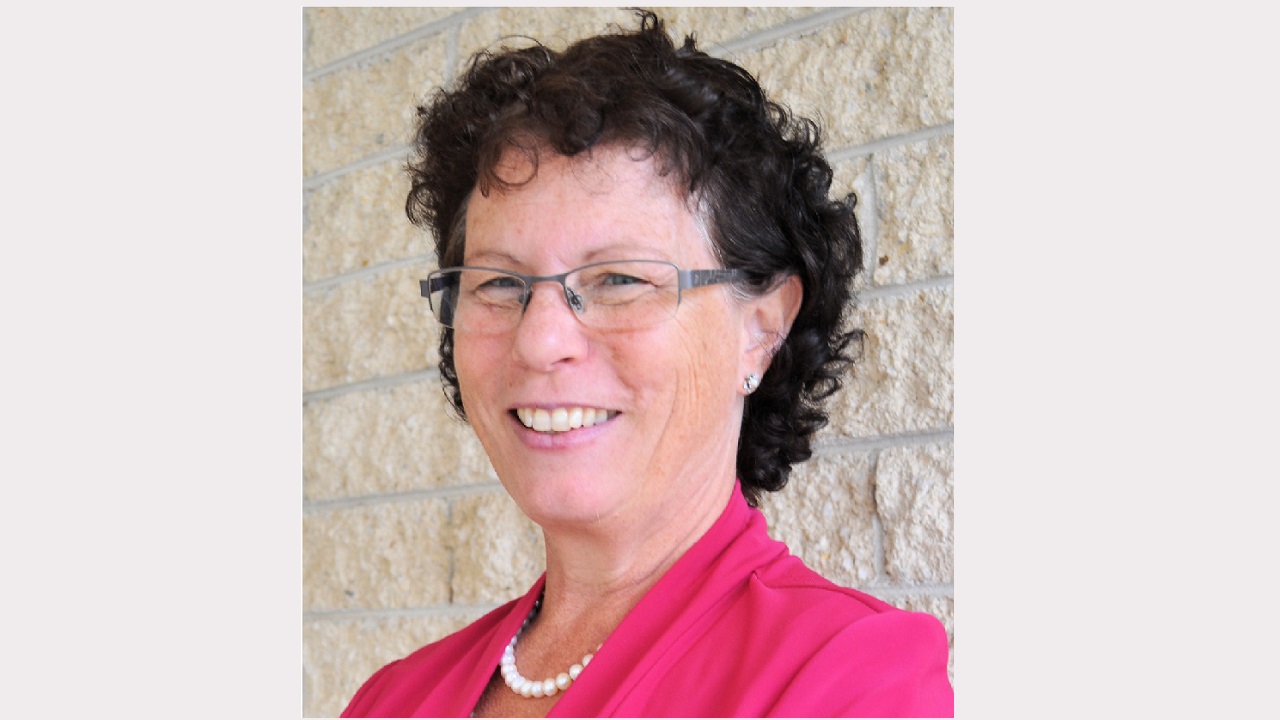New palliative care uni courses focus on mental health
New palliative care uni courses focus on mental health
by Heather Wiseman
Wednesday, December 02, 2015
Healthcare workers across Australia have the opportunity to further their palliative care training with new courses focussing on mental health being offered through Charles Sturt University next year.
The training, which has been developed under the Listen, Acknowledge, Respond project, aims to build the skills and knowledge required to address psychological issues that impact people with advanced chronic or terminal illness, and their care givers.
Course content has been developed by the Amaranth Foundation, a rural not-for-profit organisation that supports people with life limiting illness and their families. It will focus on common psychological and psychiatric issues that can occur in people living with a terminal illness and traditional and more appropriate responses.
Graduate certificate
Amaranth Foundation CEO, Julianne Whyte, told Palliative Matters the training included a Graduate Certificate in Integrated Chronic and Terminal Care, which has four subjects to be completed over 12 months by distance education.
It translates psychological and psychosocial research into core competencies for primary health and allied health care clinicians.
It covers integrated transdisciplinary care teams; biopsychosocial care in transdisciplinary primary care teams; integrating mental health, chronic illness and palliative care; and the existential experience of suffering.
Professional development
Also on offer are 40 professional development courses for allied health professionals, which will be delivered face-to-face across the country to 800 participants. While this course will share content with the graduate certificate, it will include more case studies and require practical application of new skills.
Mrs Whyte said the professional development was ideal for social workers, occupational therapists, speech pathologists, mental health workers, pharmacists, nurses and doctors.
“It will cover how you can deliver a sustainable primary mental health care service for people with advanced chronic and terminal illness. It will also include the psychological care of family members and care givers as clients in their own right. ”
Certificate IV competency units
Another training option targets people with Certificate IV training, who are interested in achieving extra competency units to better meet the needs of this target group.
“We have looked at a whole range of competencies in appropriate training packages, such as Certificate IV in Community Services or Certificate IV in Allied Health Assistant. The competencies that we feel at this stage that will fit with this cohort are things like delivering a mental health response and working with complex clients,” said Mrs Whyte.
“If an aged care facility, or health service wants to put their staff through these units of competency, they can. It will enhance the skills of workers to recognise when there is a mental health issue in either their patients or the care givers, so they are better equipped to notify their managers.”
An expert writing working group has been established, including Amaranth Foundation, Charles Sturt University and integrated living Australia. This working group will provide oversight and specialist course advice and knowledge to ensure that the coursed meet industry and professional standards and community expectations.
Charles Sturt University spokesperson, Associate Professor Janelle Wheat, said the university had a strong focus on developing skills in regional, rural and remote areas.
“We want to ensure equitable access to this professional development so our training workshops particularly target health professionals servicing regional communities.”
Mrs Whyte said participants would be asked to complete an online survey, capturing their knowledge and skills before doing their course, and then three and six months later.
It is expected that measuring the costs and impacts of training and care delivered afterwards will provide an evidence-base for continued Australian Government funding.
For further information email Julianne.Whyte@Amaranth.org.au
